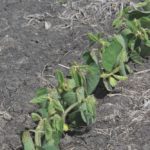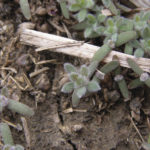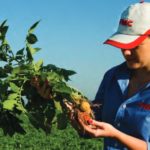Reuters — Canada will impose retaliatory tariffs on $16.6 billion worth of U.S. exports and challenge U.S. steel and aluminum tariffs under the North American Free Trade Agreement and the World Trade Organization (WTO), Canadian Foreign Minister Chrystia Freeland said on Thursday. The Canadian tariffs are set to go into effect on July 1 and












